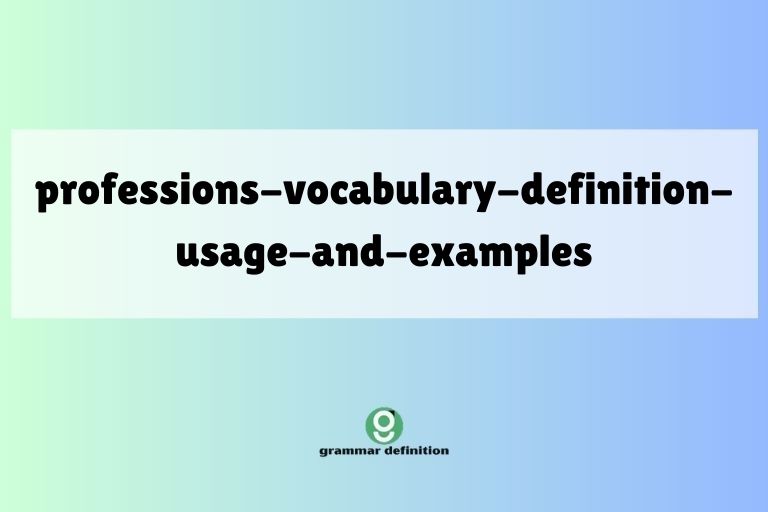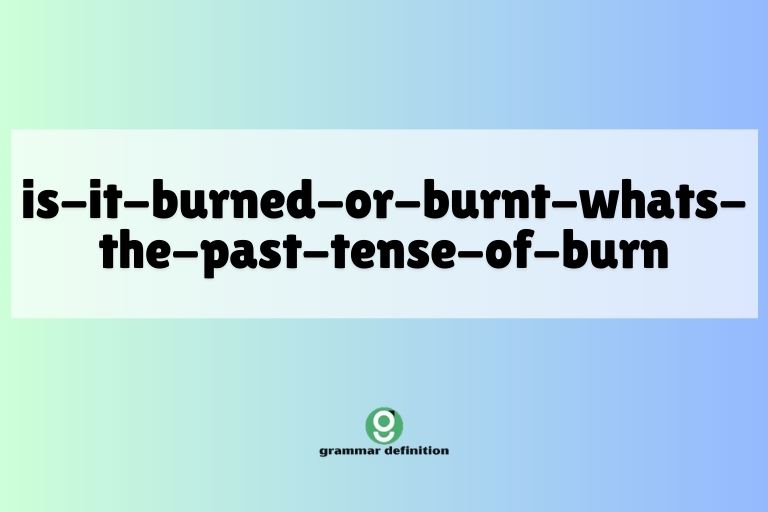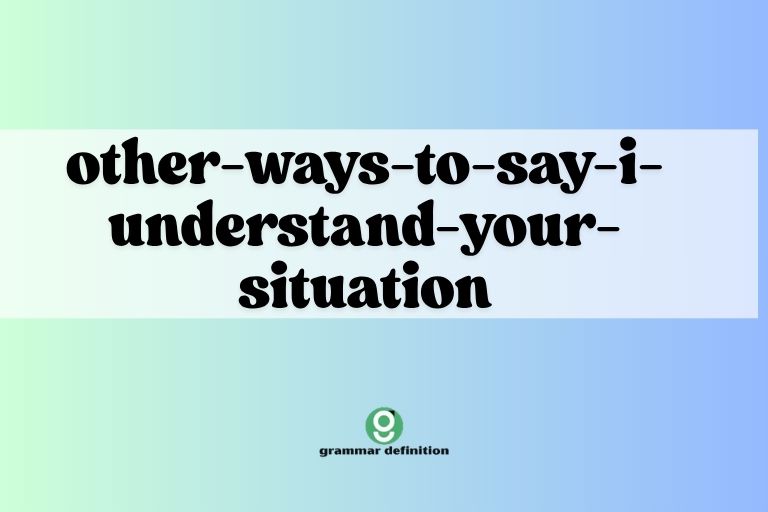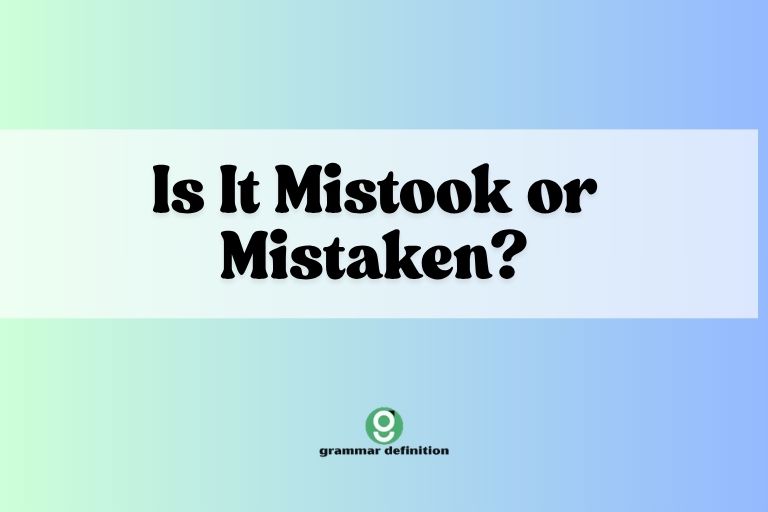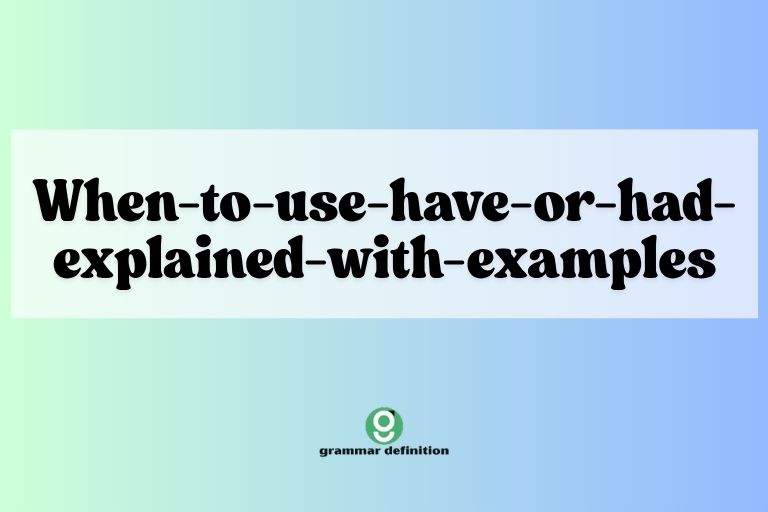Rational vs. Rationale: Understanding the Difference
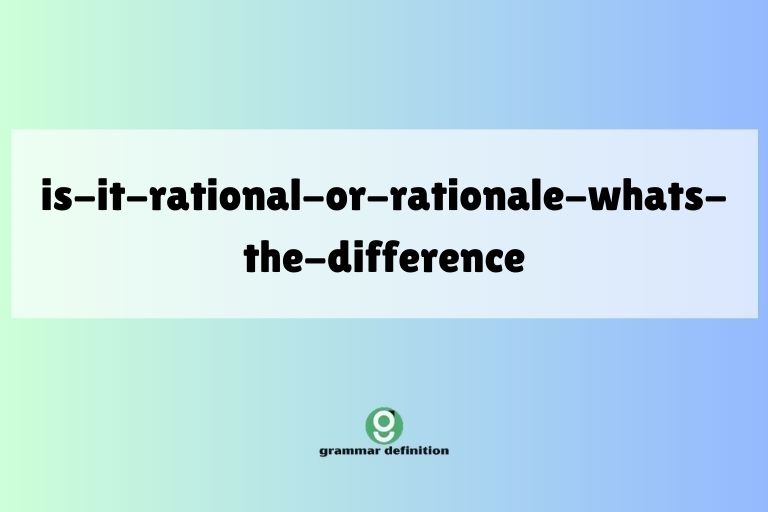
Understanding the nuances of words like “rational” and “rationale” is crucial for effective communication. These terms, though similar in appearance and origin, have distinct meanings and uses.
Mastering their differences will not only enhance your vocabulary but also improve your precision in both writing and speaking. This article provides a comprehensive guide to differentiating between “rational” and “rationale,” complete with definitions, examples, usage rules, and practice exercises.
Whether you are an English language learner, a student, or simply someone looking to refine their grammar skills, this guide will equip you with the knowledge to use these words correctly and confidently.
Table of Contents
- Introduction
- Definitions
- Structural Breakdown
- Types and Categories
- Examples
- Usage Rules
- Common Mistakes
- Practice Exercises
- Advanced Topics
- FAQ
- Conclusion
Definitions
Both “rational” and “rationale” derive from the Latin word “ratio,” meaning reason. However, their meanings and grammatical functions differ significantly.
Rational
“Rational” is an adjective. It describes something that is based on reason or logic.
It signifies the ability to think clearly, make sensible decisions, or act in a way that is consistent with logic and facts. It is often used to describe people, decisions, or arguments.
Classification: Adjective
Function: Modifies a noun, describing its quality of being based on reason.
Contexts: Psychology, economics, philosophy, everyday conversation.
Rationale
“Rationale” is a noun. It refers to the underlying reason or justification for a particular decision, action, or belief.
It explains *why* something is done or believed. It provides the logical basis or explanation behind a course of action.
Classification: Noun
Function: Acts as a subject, object, or complement in a sentence, representing the reason behind something.
Contexts: Business, politics, academic writing, legal documents.
Structural Breakdown
Understanding the structure of these words within a sentence helps clarify their roles. “Rational,” as an adjective, typically precedes the noun it modifies or follows a linking verb.
“Rationale,” as a noun, can function as the subject, object, or complement of a sentence.
Rational (Adjective):
- Attributive: A rational decision. (precedes the noun)
- Predicative: The decision was rational. (follows a linking verb)
Rationale (Noun):
- Subject: The rationale behind the decision was sound.
- Object: He explained the rationale for his actions.
- Complement: The main rationale is to improve efficiency.
Types and Categories
While “rational” and “rationale” don’t have distinct “types” in the same way that, say, verbs do, understanding their usage in different contexts can be categorized.
Rational (Adjective):
- Describing People: Implying someone is reasonable and logical.
- Describing Decisions: Implying a decision is based on logic rather than emotion.
- Describing Arguments: Implying an argument is logically sound.
Rationale (Noun):
- Explanatory: Providing the reason for an action or belief.
- Justificatory: Offering a justification for a decision or policy.
- Underlying: Revealing the fundamental reason behind something.
Examples
The following examples illustrate the correct usage of “rational” and “rationale” in various contexts.
Rational Examples
This table showcases the use of “rational” in different sentence structures and contexts. Notice how it always functions as an adjective, modifying a noun or describing a subject.
| Sentence | Context |
|---|---|
| It’s important to make a rational decision when investing money. | Finance |
| Her rational approach to problem-solving impressed her colleagues. | Workplace |
| The jury believed his story because he seemed rational and calm. | Legal |
| Is it rational to assume that prices will always increase? | Economics |
| A rational person would not jump to conclusions without evidence. | General |
| The economist presented a rational argument for tax reform. | Politics |
| His behavior became increasingly irrational as the pressure mounted. | Psychology (opposite of rational) |
| She tried to provide a rational explanation for her actions. | Personal |
| The company needs to adopt a more rational approach to resource allocation. | Business |
| Despite his anger, he remained remarkably rational. | Emotional control |
| The scientist conducted a rational experiment to test his hypothesis. | Science |
| It’s not always rational to follow your heart; sometimes you need to use your head. | Life advice |
| The teacher encouraged the students to think rationally about the problem. | Education |
| The software uses a rational algorithm to optimize performance. | Technology |
| A rational fear of heights is understandable, but an irrational phobia can be debilitating. | Health |
| The investor made a rational assessment of the risks before investing. | Finance |
| The politician presented a rational plan to address the city’s problems. | Politics |
| His rational mind helped him navigate the complex situation. | General |
| The judge asked the witness to provide a rational account of what happened. | Legal |
| The manager made a rational decision based on the available data. | Business |
| She tried to remain rational even in the face of adversity. | Personal |
| The engineer used a rational design to ensure the bridge’s stability. | Engineering |
| The doctor provided a rational explanation of the medical procedure. | Medicine |
| It’s important to approach negotiations with a rational mindset. | Negotiations |
| The professor presented a rational analysis of the historical event. | History |
| The parent tried to reason with the child in a rational manner. | Parenting |
| The team developed a rational strategy to achieve their goals. | Teamwork |
| The scientist conducted a rational investigation to uncover the truth. | Research |
Rationale Examples
This table provides examples of “rationale” used as a noun. Note how it functions as the subject, object, or complement of the sentence, representing the reason behind something.
| Sentence | Context |
|---|---|
| The rationale behind the new policy was to improve employee morale. | Business |
| He explained the rationale for his decision to resign. | Personal |
| The rationale for the war was questioned by many. | Politics |
| What is the rationale for increasing taxes at this time? | Economics |
| The rationale behind the experiment was to test a new hypothesis. | Science |
| The company’s rationale for investing in renewable energy is both environmental and economic. | Business/Environment |
| The teacher provided a clear rationale for assigning the homework. | Education |
| The rationale for the new law is to protect consumer rights. | Legal |
| The investor wanted to understand the rationale behind the company’s strategy. | Finance |
| The rationale for the change in management was not clearly explained. | Business |
| The research paper outlined the rationale for the study. | Academic |
| The rationale for choosing that particular candidate remains unclear. | Politics |
| She asked for the rationale behind the new regulations. | Legal |
| The rationale for the project was to improve efficiency and reduce costs. | Business |
| The committee debated the rationale for the proposed changes. | Politics |
| The rationale for using this method is its proven effectiveness. | Science |
| The rationale behind the design was to create a user-friendly interface. | Technology |
| The rationale for the investment was based on market analysis. | Finance |
| The rationale for the decision was documented in the meeting minutes. | Business |
| The rationale for the experiment was to gather empirical data. | Science |
| The rationale for the policy change was presented to the board. | Governance |
| The rationale for his actions was rooted in his beliefs. | Personal |
| The rationale for the budget cuts was due to economic constraints. | Economics |
| The rationale for the construction project was to improve infrastructure. | Development |
| The rationale for selecting this approach was based on previous successes. | Strategy |
| The rationale for the new software was improved security and performance. | Technology |
| The rationale for the change in strategy was to adapt to market conditions. | Marketing |
Usage Rules
The primary rule is to remember the grammatical function of each word: “rational” is an adjective, while “rationale” is a noun. This dictates where they can be placed in a sentence.
Rational: Use “rational” to describe something or someone that exhibits reason or logic. It modifies nouns.
Example: The rational choice is to save money for the future.
Rationale: Use “rationale” to explain the reason or justification behind a decision, action, or belief. It functions as a noun.
Example: The rationale for the new policy was to increase efficiency.
Key Differences Summarized:
| Feature | Rational | Rationale |
|---|---|---|
| Part of Speech | Adjective | Noun |
| Function | Describes something as being based on reason | Explains the reason for something |
| Example | A rational argument | The rationale behind the decision |
Common Mistakes
One of the most common mistakes is using “rationale” as an adjective or “rational” as a noun. Here are some examples of incorrect and corrected sentences:
| Incorrect | Correct | Explanation |
|---|---|---|
| The decision was very rationale. | The decision was very rational. | “Rationale” is a noun, not an adjective. “Rational” correctly describes the decision. |
| He provided a rational for his actions. | He provided a rationale for his actions. | “Rational” is an adjective, not a noun. “Rationale” is the correct noun to represent the reason. |
| It’s important to be rationale when making financial decisions. | It’s important to be rational when making financial decisions. | “Rationale” cannot be used to describe a state of being. “Rational” correctly describes being reasonable. |
| The rationale person would consider all options. | A rational person would consider all options. | “Rationale” cannot modify a noun in this way. “Rational” is the correct adjective. |
Practice Exercises
Test your understanding of “rational” and “rationale” with these exercises. Fill in the blanks with the correct word.
Exercise 1
Choose the correct word (“rational” or “rationale”) to complete each sentence.
| Question | Answer |
|---|---|
| 1. What is the _________ behind this decision? | rationale |
| 2. It’s important to be _________ when making important choices. | rational |
| 3. The _________ for the new policy was explained in the meeting. | rationale |
| 4. A _________ person would consider all the facts before making a decision. | rational |
| 5. Can you provide a _________ explanation for your actions? | rational |
| 6. The _________ for the budget cuts was to reduce expenses. | rationale |
| 7. He made a _________ decision based on careful analysis. | rational |
| 8. The _________ behind the experiment was to test a new theory. | rationale |
| 9. She tried to remain _________ even in a stressful situation. | rational |
| 10. The _________ for the project was to improve efficiency. | rationale |
Exercise 2
Identify whether the use of “rational” or “rationale” is correct or incorrect in each sentence. If incorrect, provide the corrected sentence.
| Question | Answer |
|---|---|
| 1. The rationale decision was based on facts. | Incorrect. Corrected: The rational decision was based on facts. |
| 2. The rationale for the new system is improved security. | Correct. |
| 3. He provided a rational for his absence. | Incorrect. Corrected: He provided a rationale for his absence. |
| 4. It’s important to be rationale in negotiations. | Incorrect. Corrected: It’s important to be rational in negotiations. |
| 5. The rational behind the investment was sound. | Correct. |
| 6. She gave a rationale explanation of the event. | Incorrect. Corrected: She gave a rational explanation of the event. |
| 7. The company needed a more rationale approach. | Incorrect. Corrected: The company needed a more rational approach. |
| 8. The rationale for the changes was not clear. | Correct. |
| 9. He is a very rationale person. | Incorrect. Corrected: He is a very rational person. |
| 10. The rational was to increase profits. | Incorrect. Corrected: The rationale was to increase profits. |
Advanced Topics
For advanced learners, understanding the subtle nuances and related concepts can further enhance their grasp of “rational” and “rationale.”
- Rationality vs. Reasonableness: While often used interchangeably, rationality implies strict adherence to logic, while reasonableness suggests a more flexible approach, considering context and circumstances.
- Bounded Rationality: This concept, often used in economics and psychology, acknowledges that people make decisions with limited information and cognitive resources, leading to “good enough” rather than perfectly rational choices.
- Legal Rationale: In law, the rationale behind a judgment or statute is crucial for understanding its application and interpretation.
FAQ
Here are some frequently asked questions about “rational” and “rationale.”
- Is “rationality” the noun form of “rational”?
Yes, “rationality” is the noun form of “rational.” It refers to the quality of being based on reason or logic.
- Can “rationale” be used in informal conversation?
While “rationale” is more common in formal settings, it can certainly be used in informal conversation when explaining the reason behind something, especially if you want to sound precise.
- What’s the difference between “reason” and “rationale”?
“Reason” is a more general term for why something is the case. “Rationale” is a more formal and detailed explanation of the reasons or principles behind a decision, action, or belief.
- How can I remember the difference between “rational” and “rationale”?
Associate “rational” with “reasoning” (both adjectives) and “rationale” with “reason why” (both nouns). This can help you recall their grammatical functions.
- Is it ever correct to use “rationally” instead of “rational”?
Yes, “rationally” is the adverb form of “rational.” You would use it to describe *how* something is done in a rational manner. For example: “He acted rationally under pressure.”
- Can “rationale” be pluralized?
Yes, the plural of “rationale” is “rationales.” It’s used when referring to multiple reasons or justifications.
- What are some synonyms for “rational”?
Some synonyms for “rational” include logical, reasonable, sensible, and sound.
- What are some synonyms for “rationale”?
Some synonyms for “rationale” include reason, justification, explanation, and basis.
Conclusion
Distinguishing between “rational” and “rationale” is essential for clear and accurate communication. Remember that “rational” is an adjective describing something based on reason, while “rationale” is a noun explaining the reason behind something.
By understanding their definitions, structural roles, and usage rules, you can avoid common mistakes and use these words with confidence.
Continue practicing with examples and exercises to reinforce your understanding. Pay attention to how these words are used in different contexts, and don’t hesitate to consult a dictionary or grammar guide when in doubt.
With consistent effort, you’ll master the nuances of “rational” and “rationale” and enhance your overall English proficiency.

